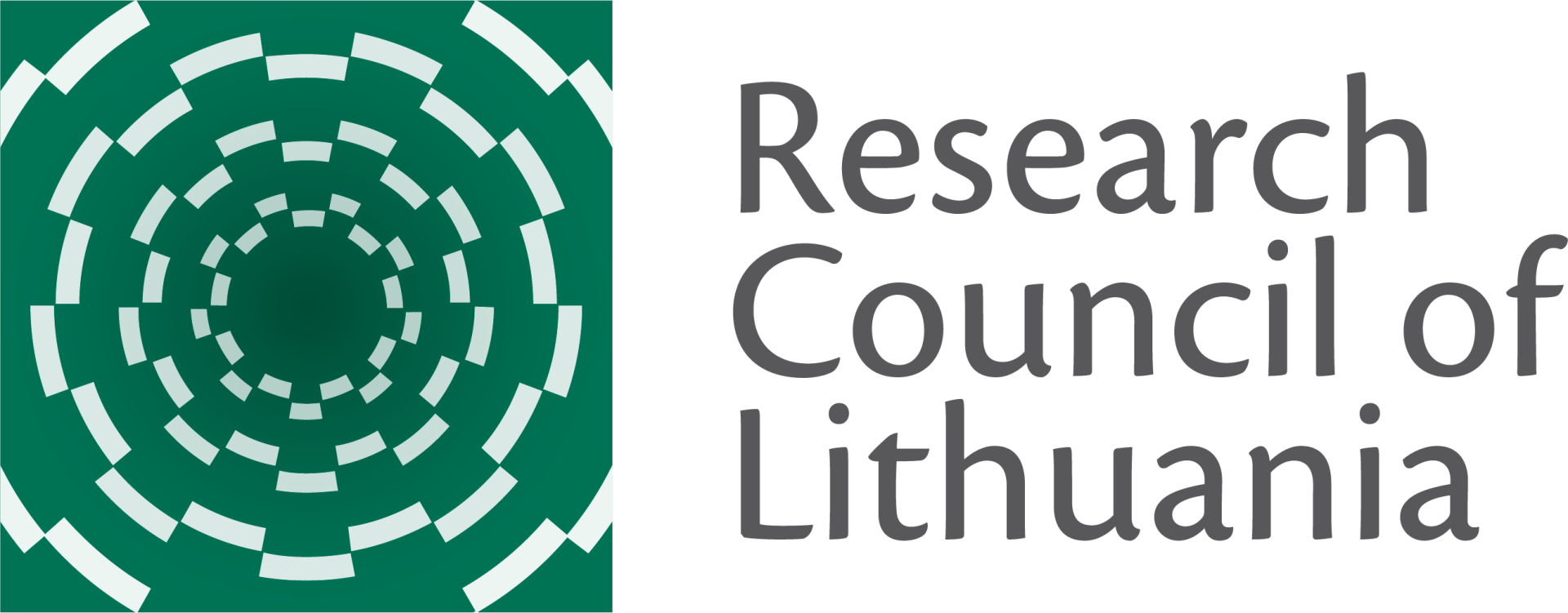Project idea
The relationship between corruption and socio-economic inequality presents a complex puzzle, deeply rooted in regional and institutional contexts. This project investigates this relationship, proposing an original argument that non-perception-based corruption exacerbates socio-economic inequality by diminishing equal opportunities across regions, thereby stunting development, and fostering undesirable outcomes. In doing so, the project responds to a major European and global challenge: that high levels of corruption and socio-economic inequalities undermine the rule of law, impose severe economic burdens on communities, and erode trust in democratic institutions. This research undertakes a two-pronged approach. Initially, it examines a broad spectrum of cases utilizing robust quantitative methods and panel data estimation techniques to test the argument. This quantitative inquiry is subsequently enriched by case studies of several countries in Central and Eastern Europe. These countries, including Moldova, Lithuania and Hungary offer a unique lens due to their differing institutional experiences in the post-socialist era. The research aims to show how targeted anti-corruption policies might bring about broader improvements in socio-economic outcomes. As well as advancing the research frontier, the project aims to build a body of knowledge that informs policymaking. The project includes secondments at Luxembourg Income Study Centre (for data collection) as well as Inequality Cluster of Excellence at Konstanz University and Anti-Corruption Research Center at Dublin City University (for academic exchange).








